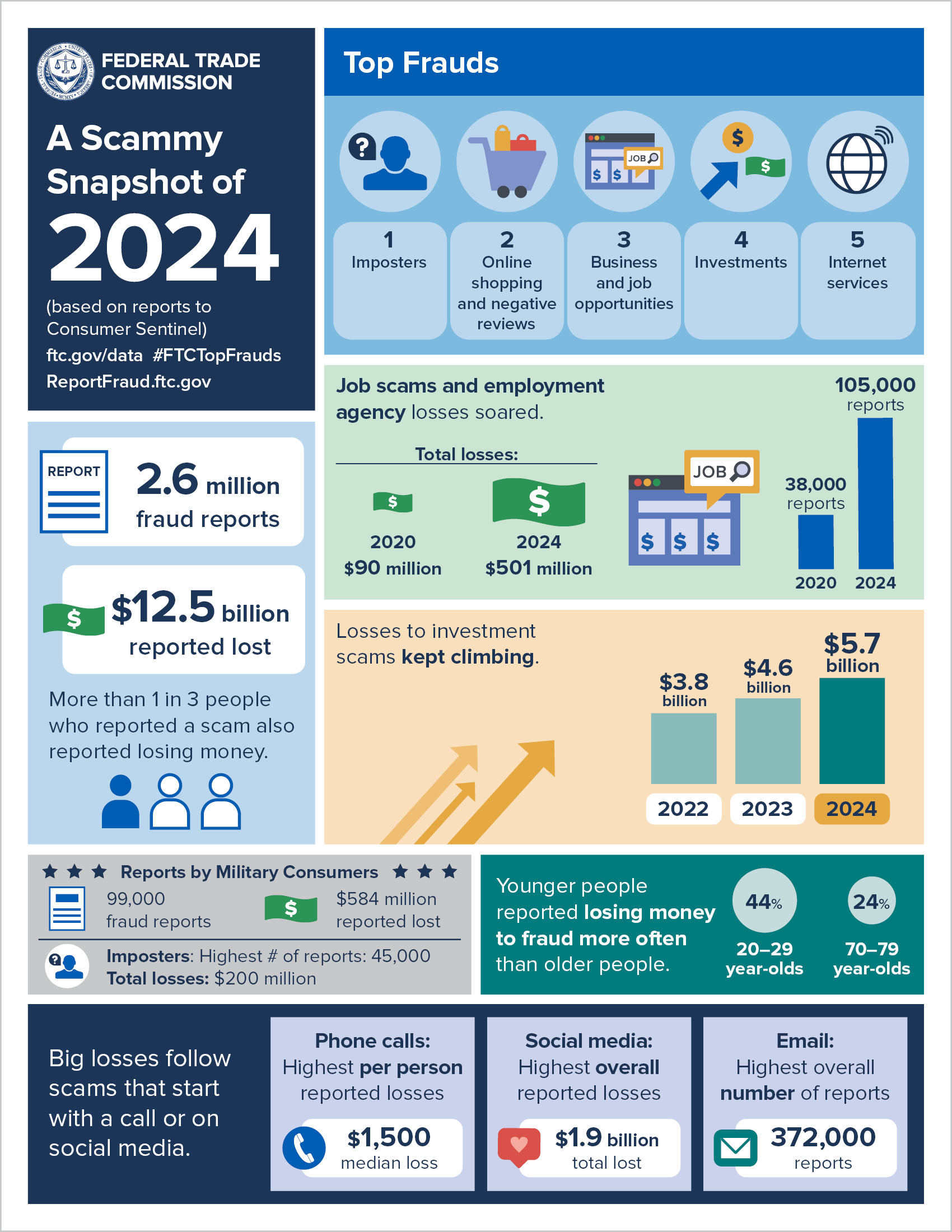Google Spam, Scam Ads, and Fake Business Listing Verification: How Bad Actors Are Exploiting Google in 2025
There is an old saying that if you stand for nothing, you fall for anything. Lately, that is exactly what seems to be happening at Google. Spam emails, scam YouTube ads, fake business listing verification scams, and relentless robocalls are now just part of daily life for American users and business owners. This is not just an annoyance anymore. It is changing the way people trust, or do not trust, the web.
Google’s story began with the promise of better answers. Now, the company pulls in over $200 billion a year, thanks in large part to the habits of millions of Americans who have made Google part of their routines. This is not a company that just built a popular product. It built something that feels essential, even if most of us never had a real choice in the matter.
With most products, you expect each new version to be better. If a car company releases a worse car than last year, customers move on. When it comes to Google, switching is not so simple. Try to get through a day without using Search, Gmail, or Maps. For most people, there is no way out.
Here is what most people miss. Google is not focused on making the product better for users. The real metric that matters is growth. More users, more clicks, more activity. Every time you interact with a Google product, that action gets logged and measured. The company finds new ways to boost those numbers, not always by improving your experience.
For example, try to manage your Google Business Profile. What used to be a direct dashboard now requires you to run a search just to reach it. That counts as extra user engagement, even though it makes the task slower for you. When you expand the frequently asked questions, more questions instantly appear. Each one of those actions is tracked. In some cases, one search can result in ten or more signals being recorded.
Most of the spam emails, scam YouTube ads, and fake business listing verification scams clogging inboxes and phones are run through services Google provides. Anyone checking their email or watching videos on YouTube can see it. The company is quick to promise new filters or AI tools, but the problem just keeps growing. Spam remains everywhere, and Google is slow to clean it up. There is no urgency because the system is working just as intended. More activity, even if it comes from scammers or bots, helps boost the numbers that Wall Street wants to see.
This is not just a minor nuisance. In fact, reported fraud losses in the United States have soared from $3.3 billion in 2020 to $12.5 billion in 2024—a nearly fourfold increase, according to the Federal Trade Commission.

Infographic from 2024 FTC Scam Data
Gmail used to be a breath of fresh air. Now, it quietly pushes users to pay for extra storage, or to delete old files just to keep things running. The feeling is not improvement. It is being cornered. Google profits either way.
After spending years working inside Google’s ad platform, I have seen how the company counts and recycles every possible metric. It is not just a question of spam slipping through. The system is set up to reward anything that boosts activity, and that includes the actions of bad actors.
But that is not the only issue. The real danger is how scammers and spammers have found an open field in Google’s backyard. The lack of any real relationship or healthy connection between Google and its users has left the doors wide open. Shady marketers swarm in, treating every business as a lead for another subscription, another “recurring monthly revenue” scheme. It is all about scale, not substance. Real businesses, the ones built on trust and service, get lost in the shuffle while the worst players see nothing but dollar signs.
Your business is not a cookie to be stamped out by the thousands. It is not a disposable piece of code, either. If you are tired of the endless pitches, the generic emails, the robocalls, scam YouTube ads, and the fake business listing verification scams, you are not alone. It might be time to start telling the masterminds and self-styled growth hackers to take your number off their list.
No one expects Google to disappear any time soon. But as the problems pile up, as the core experience gets worse and trust fades, Americans are right to ask what happened. Is this the best the country’s most important internet company can offer? Or have we all just accepted that we have no choice?
If you want help navigating the shifting digital landscape or need a digital guide in your law firms corner, contact us.
